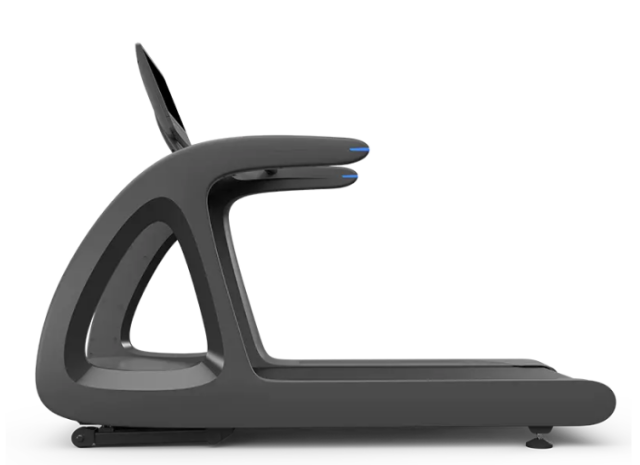Recently, researchers from the University of Leicester in the United Kingdom published their research in the journal Communications Biology. The results show that brisk walking can slow down the rate of telomere shortening, delay aging, and reverse biological age.

In the new study, the researchers analysed genetic data, self-reported walking speed, and data recorded by wearing a wristband accelerometer from 405,981 participants in the UK Biobank with an average age of 56.
Walking speed was defined as follows: slow (less than 4.8 km/h), moderate (4.8-6.4 km/h) and fast (over 6.4 km/h).

About half of the participants reported a moderate walking speed. The researchers found that moderate and fast walkers had significantly longer telomere lengths compared to slow walkers, a conclusion further supported by physical activity measurements assessed by accelerometers. And found that telomere length is related to habitual activity intensity, but not to total activity.
More Important, a subsequent two-way Mendelian randomization analysis showed a causal relationship between walking speed and telomere length, i.e., faster walking speed may be associated with longer telomere length, but not vice versa. The difference in telomere length between slow and fast walkers is equivalent to a biological age difference of 16 years.
Post time: May-05-2022
